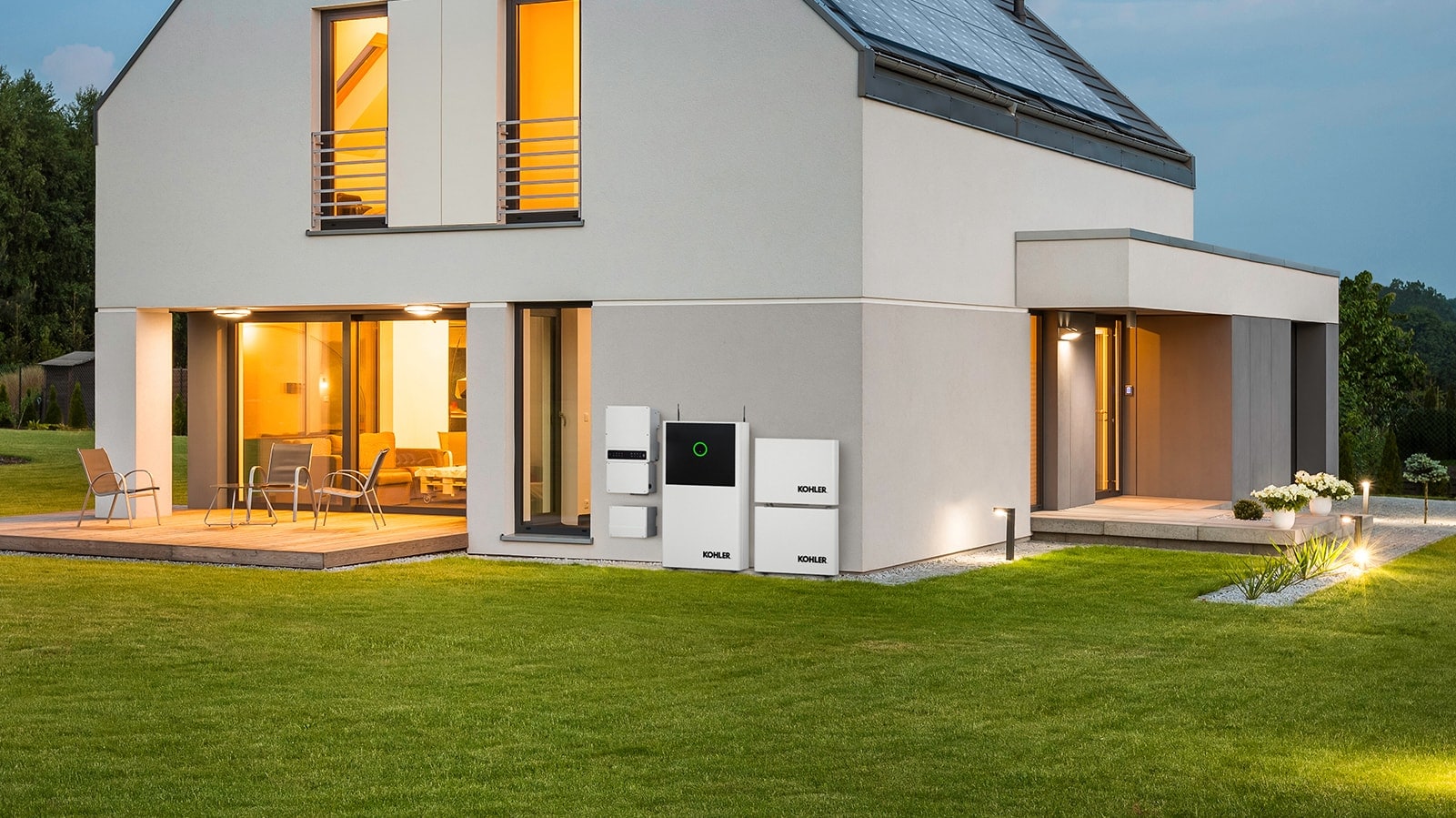In the era of sustainable living, the integration of household energy storage systems has emerged as a game-changer in residential energy management. These systems not only empower homeowners to harness renewable energy efficiently but also provide a reliable backup during grid outages.
Choosing the right household energy storage system requires a meticulous understanding of various elements to ensure it aligns seamlessly with your energy needs, home dynamics, and long-term sustainability goals. In this comprehensive guide, we will explore in detail the key elements to consider when selecting household energy storage systems.
Energy Capacity and Storage Size
Assessing Household Energy Consumption
Understanding Your Energy Needs: Begin by conducting an energy audit to assess your household’s energy consumption patterns. Identify peak usage times, high-demand appliances, and overall energy requirements.
Factors Influencing Capacity: Consider the number of occupants, the size of your home, and the types of appliances you intend to power. Larger homes or those with high-energy appliances may require a system with greater energy capacity.
Flow Batteries: Emerging as a potential alternative, flow batteries offer scalability and a longer lifespan. However, they are currently less common and may have higher upfront costs.
Efficiency and Round-Trip Efficiency
Maximizing Energy Utilization
Understanding Efficiency Ratings: Assess the efficiency rating of the household energy storage system, considering factors like charging and discharging losses. Higher efficiency indicates that more of the stored energy can be effectively utilized.
Round-Trip Efficiency: Focus on round-trip efficiency, which quantifies how much energy can be stored and retrieved. Seek systems with high round-trip efficiency to minimize energy losses during the charging and discharging process.
Optimizing Energy Use: Efficient systems contribute to the overall optimization of energy use in your home, allowing you to get the most out of the stored energy.
Power Rating and Discharge Rate
Meeting Peak Demand
Determining Power Requirements: Assess your peak energy usage and select a household energy storage system with a power rating that can accommodate these high-demand periods. This ensures that the system can meet the instantaneous power needs of your home.
Evaluating Discharge Rate: Consider the discharge rate, indicating how quickly the system can release stored energy. Higher discharge rates are beneficial for powering multiple appliances simultaneously during periods of high demand.
Matching Power Rating to Home Dynamics: The power rating should align with your household dynamics, accommodating the simultaneous operation of appliances like air conditioners, refrigerators, and other high-power devices.
A comprehensive warranty that covers a significant portion of the expected lifespan ensures protection against unexpected issues and enhances the longevity of your investment.
Total Cost of Ownership: Factor in the total cost of ownership over the expected lifespan, including any potential battery replacement costs. A system with a longer lifespan may justify a higher initial investment.
Integration with Renewable Energy Sources
Synergizing with Green Energy
Solar Panel Integration: If you have or plan to install solar panels, choose a household energy storage system that seamlessly integrates with renewable energy sources. Compatibility ensures efficient energy capture and storage, maximizing the benefits of solar power.
Conclusion
Exploring smart energy management features, understanding installation and maintenance requirements, and calculating the total cost of ownership contribute to making an informed decision that ensures long-term sustainability and efficiency. As you embark on this journey towards a more sustainable and self-sufficient energy future, let these tips guide you in navigating the diverse landscape of household energy storage systems.

